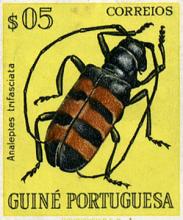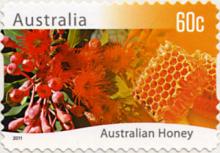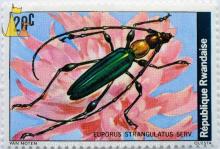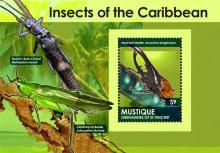A crucial vote determining the future of neonicotinoid pesticide use in Europe has been delayed until March
EU agriculture ministers were set to vote on a European Commission proposal to restrict the use of three commonly used neonicotinoid insecticides in Brussels today (Monday, 25/02/13). But the vote has been postponed until 14-15 March. It is not clear why the vote has been delayed. However, it is understood the commission may be seeking to restructure the proposal amid reports that a blocking minority of countries, including Germany, Spain and the UK, had been seeking to derail the vote, citing gaps in the data. In contrast, France, the Netherlands, and Poland support a ban. One industry source told Farmers Weekly: "A number of member states have got concerns about the underlying basis (of the proposal) and it is believed that the commission has met with five or six member states to start looking at alternative proposals that are on the table." Syngenta UK spokesman, Luke Gibbs said the delay offered member states more time to look in detail at what is being proposed. "In our view, the existing proposal put forward by the European Commission is disproportionate and underpinned by a flawed and incomplete technical assessment," he said. Mr Gibbs believes the proposed action would not help bee populations which are being affected by a "wide range of factors". "We believe that a number of member states think similarly and are questioning whether restricting the use of this important tool for farmers would improve long-term outcomes for bee populations," he said. But German Green Party MEP Martin Häusling slammed the commission for the delay and accused the commission of "caving in to the chemical industry".









